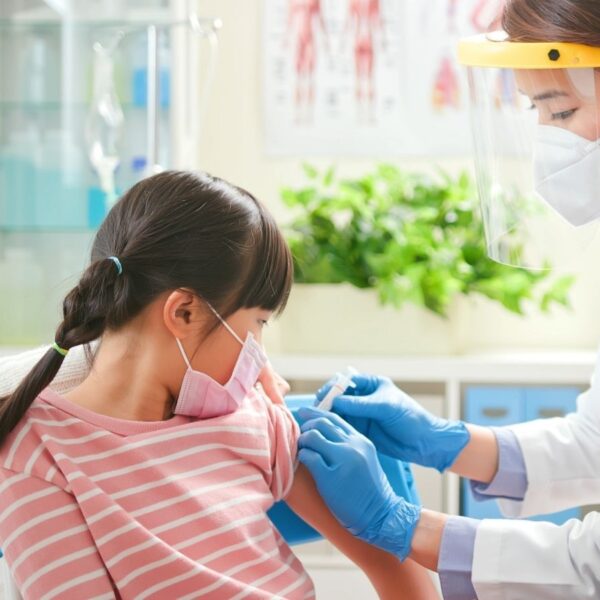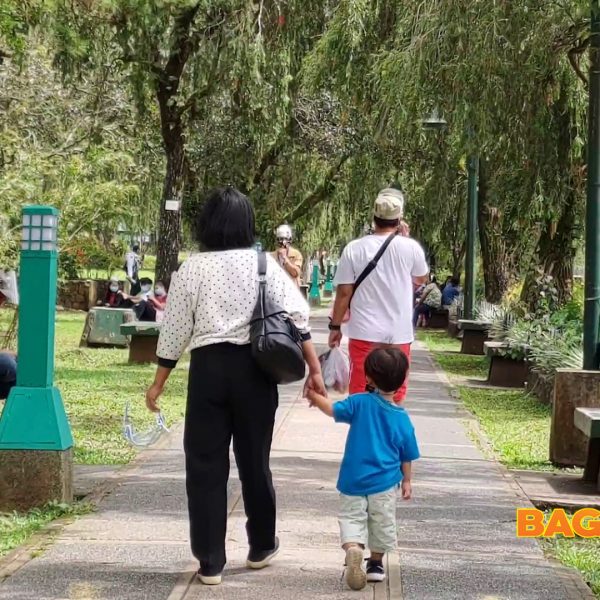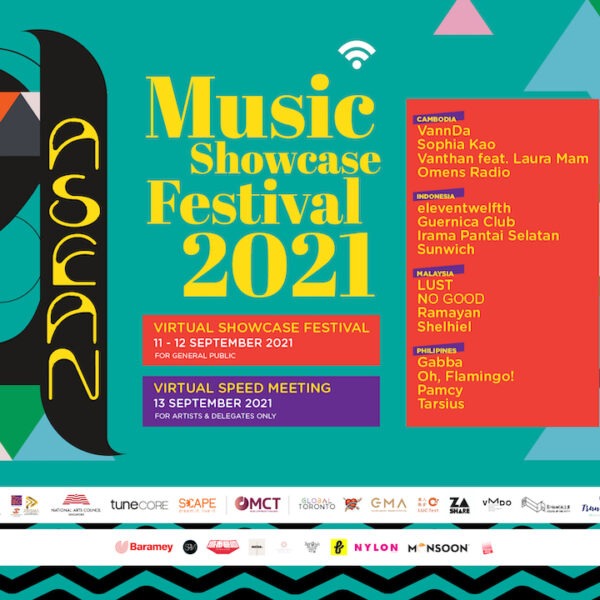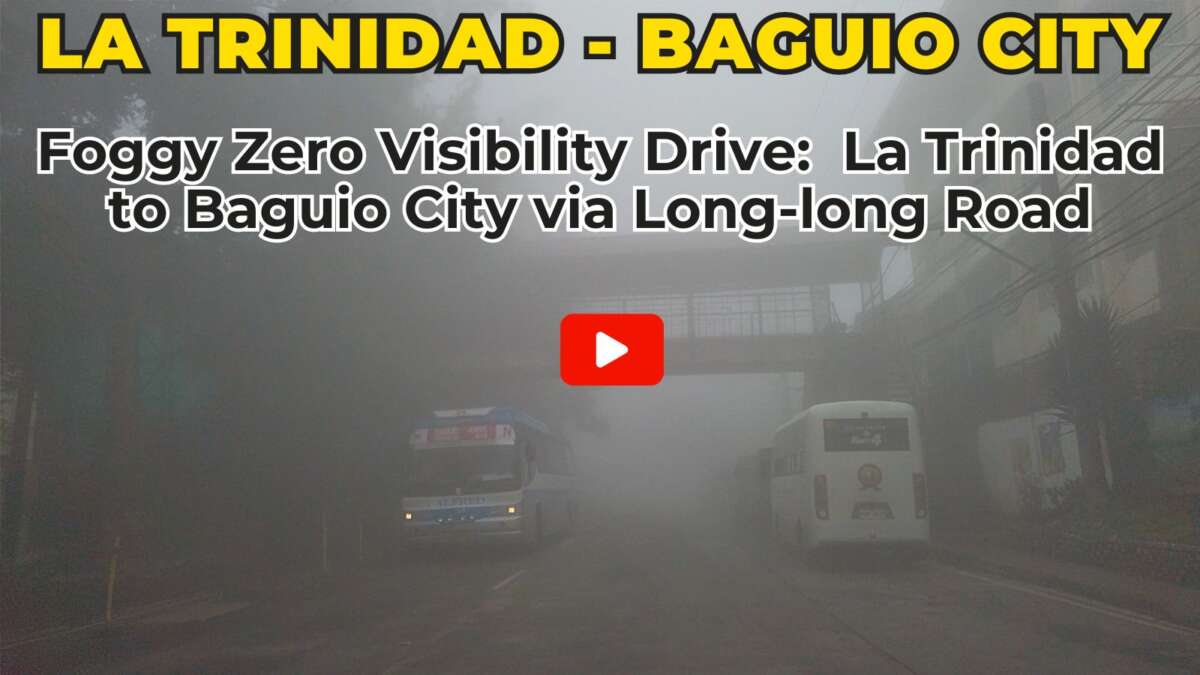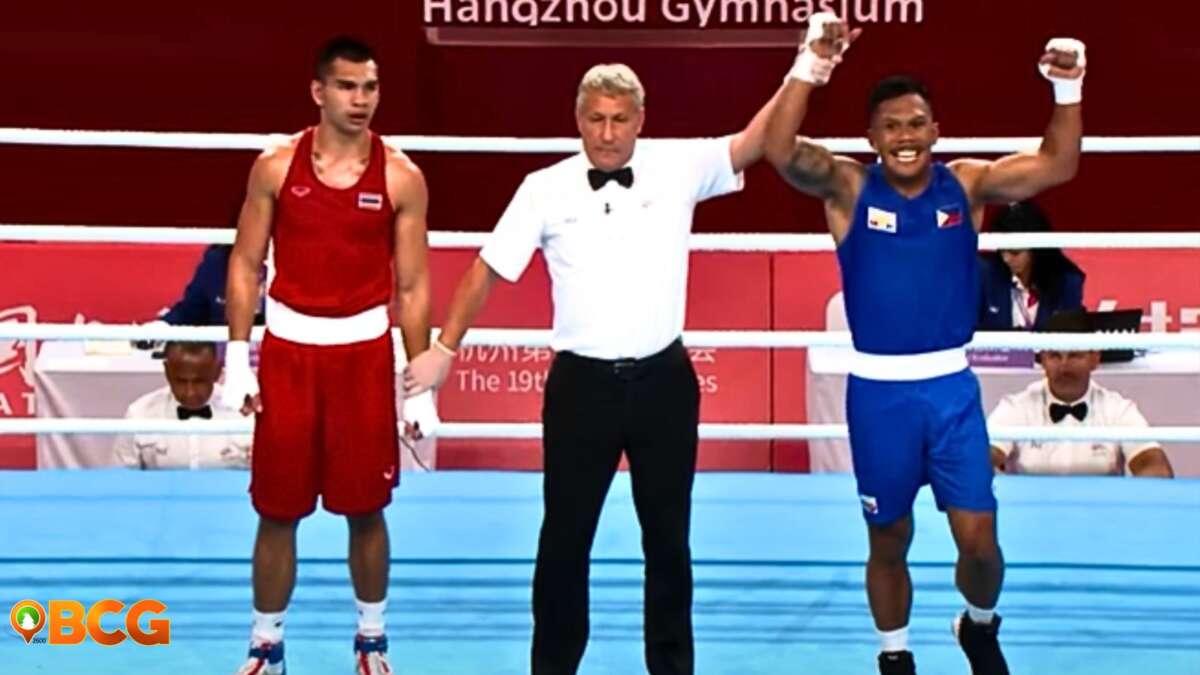What Does MGCQ Mean For Residents of Cordillera Administrative Region
The Cordillera Administrative Region, where Baguio City is included, is now declared to be under the rules of Modified General Community Quarantine (MGCQ). This is according to the inference made in the statement of President Rodrigo Duterte last night. In his statement, the President has enumerated areas that will be under GCQ while those not mentioned are under MGCQ.
Areas under GCQ:
- Region 2
- Region 3
- Region 4A
- Pangasinan
- Albay
- NCR
- Davao City
Area under MECQ (Modified Enhanced Community Quarantine)
- Cebu City
The Rest of the Country will be under Modified General Community Quarantine starting June 1, 2020.
What Does Modified General Community Quarantine Mean?
The Modified General Community Quarantine means that it is the transition of an area from General Community Quarantine to the “New Normal”.
Guidelines for Areas Under Modified General Community Quarantine
Public Health Standard Compliance
Minimum public health standards shall be complied with at all times for the duration of the MGCQ.
Persons Allowed Outside of Residence
All persons shall now be allowed to go outside their residences.
Sports and Exercise
Indoor and outdoor non-contact sports and other forms of exercise such as but not limited to walking, jogging, running, biking, golf, swimming, tennis, badminton, equestrian, and skateboarding are allowed. Provided, that the minimum public health standards such as the wearing of masks and the maintenance of social distancing protocols, and no sharing of equipment where applicable, are observed.
Mass Gathering, Movie Screenings, Sporting Events
Mass gatherings such as but not limited to, movie screenings, concerts, sporting events, and other entertainment activities, community assemblies, and non-essential work gatherings shall be allowed provided that participants shall be limited to fifty percent (50%) of the venue or seating capacity. Religious gatherings shall be allowed under such guidelines as may be declared through subsequent issuances of the IATF.
Education – Physical Classes
Face-to-face or in-person classes may be conducted in HEIs (Higher Education Institutions) provided there is strict compliance with minimum public health standards, consultation with local government units, and compliance with guidelines set by CHED. HEI activities that involve mass gathering of students shall continue to be prohibited.
For K-12 Basic Education, the Basic Education Learning Continuity Plan of the DepEd shall be adopted.
Work in Public and Private Offices
Work in all public and private offices may be allowed to resume physical reporting to work at full operating capacity, with alternative work arrangements for persons who are sixty (60) years old and above, those with immunodeficiency, comorbidity, or other health risks, and pregnant women.
Public Transportation
The road, rail, maritime, and aviation sectors of public transportation shall be allowed to operate at the capacity in accordance with guidelines issued by the DOTr. Provided, that in all public transports, a strict one (1) meter distance between passengers shall be observed and appropriate engineering controls shall be in place.
Private Transportation
Private transportation shall be allowed subject to the guidelines provided by DOTr.
Public and Private Construction
All public and private construction projects shall be allowed subject to strict compliance with the construction safety guidelines issued by the DPWH for the implementation of infrastructure projects during the COVID-19 pandemic.
Barbershops, Dine-In Service and Other Establishments
Except as otherwise provided below, all permitted establishments and activities under Category I-IV of Section 4(6) and in pertinent Sections of these Omnibus Guidelines shall be allowed to operate or be undertaken at full operational capacity:
- Barbershops, salons, and other personal care service establishments, at a maximum of fifty percent (50%) of venue capacity;
- Dine-in service in food retail establishments such as supermarkets, grocery stores, and food preparation establishments, at a maximum of fifty percent (50%) of seating capacity.
- Other Category IV and all other establishments not permitted to operate under ECQ or GCQ, at a maximum of fifty percent (50%) operational capacity.
Work in Government Offices
Work in government offices may be at full operational capacity, or under such alternative work arrangements as agencies may deem appropriate in accordance with the relevant rules and regulations issued by the CSC.
Diplomatic Missions and International Organizations
Accredited diplomatic missions and international organizations may resume full operations.
Entering the New Normal
The “promotion” of the quarantine status of those areas that will be under Modified General Community Quarantine by June 1, 2020, does not mean that the COVID-19 has been defeated. In fact, in his statement, President Rodrigo Duterte has reiterated that the virus is still present and there was in fact a spike of about 500 cases.
MGCQ means that for now, the cases in our area are manageable and that there is a need to restart the economy.
When the Enhanced community quarantine was announced for the entire Luzon last March, many establishments closed, some businesses went bankrupt and employees lost their jobs. There is a need to restart the economy and there is a need for people to earn a living. This is what MGCQ is about and not because the virus vanished, therefore, there is still a need to follow the government health guidelines on proper handwashing, decontamination, social distancing, and the wearing of facemasks.
SOURCE: Omnibus Guidelines On the Implementation of Community Quarantine in The Philippines

